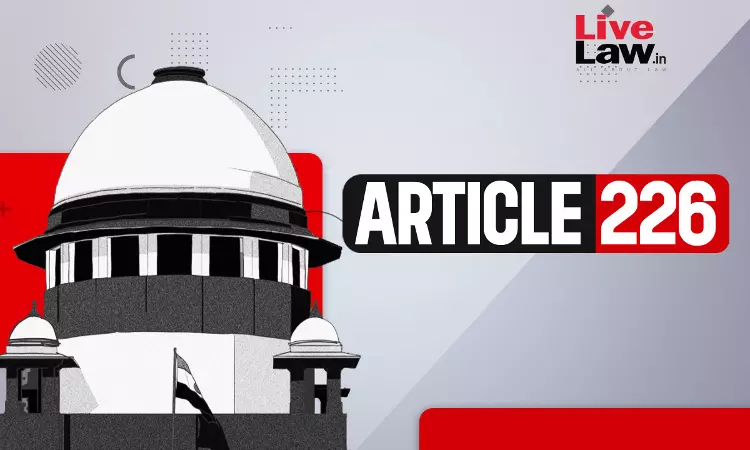Article 226 | Writ Court Can Refuse Action Against Illegality To Do Substantial Justice : Supreme Court
Gyanvi Khanna
12 Feb 2025 2:57 PM IST

The Supreme Court criticised the High Court for upsetting a bank auction sale after several years on the ground of certain procedural violations.
Next Story


